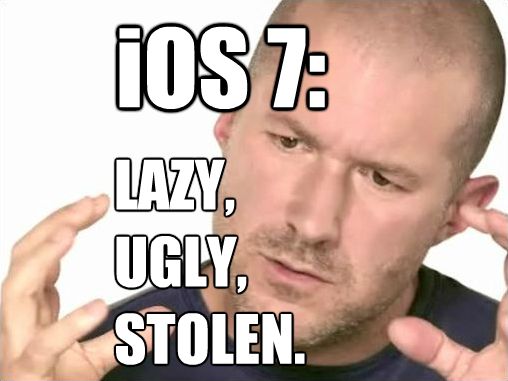The worst behaved websites I visit these days are supposedly based on the "responsive design" concept. Instead of continuing to maintain existing websites that already worked fine on desktop computers, and which were acceptable on mobile devices that allowed you to zoom in and out (when there was no page scripting to forcibly center popup junk that explicitly fights zooming in and out and scrolling), "responsive design" has created a new way to make website suck on ALL platforms. Phone, tablet, desktop, laptop... It doesn't matter any more. The experience is now universally crappy. Most of this is the misguided notion that websites must do all the thinking and planning for you. If technology was smart, that might be okay. It is not smart. It is incredibly stupid while simulating intelligent notions badly.
I was going to include a screenshot from Google Books that showed the buttons and menus all smushed together and the non-sizable, tiny, unreadable scrolling page content regions that leaves the site completely useless on my iPhone 6s... but this blog refuses to give me the "upload image from my computer" feature because it wants to provide an "upload pictures from my PHONE" feature that doesn't actually work at all ("no images found" oh yeah? WTF did you look?). Which, by the way, was in a popup region that fights page zoom and scroll...
This stuff worked much better before "web architects" started trying to decide what interface to offer me depending on what device you think I have. Congratulations computer industry. More stupid complexity ruining the basics. I remember when the Internet was useful. Ugly, but useful. Now it's ugly AND badly behaved. Features are meaningless if they don't fucking work.
It doesn't help that companies like Apple are refusing to debug basic behaviors in their software, like Safari on iOS (such as text entry, text box navigation, text selection, etc on websites, including their OWN) after utterly wrecking all the basic GUI behaviors with the disaster of the iOS 7 redesign.

